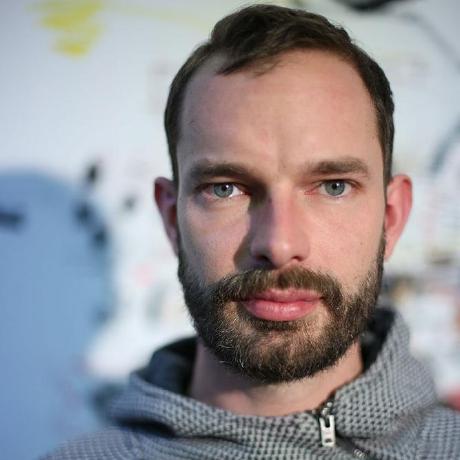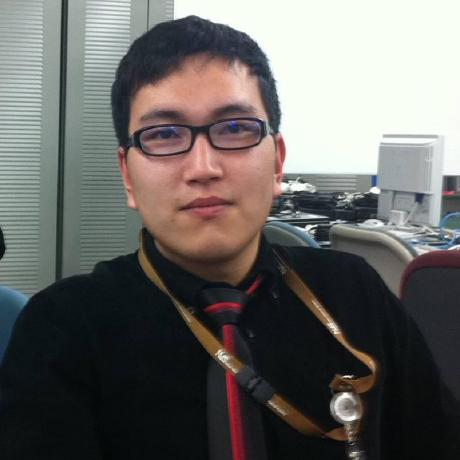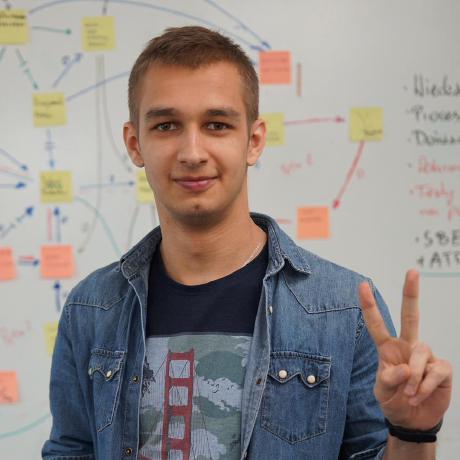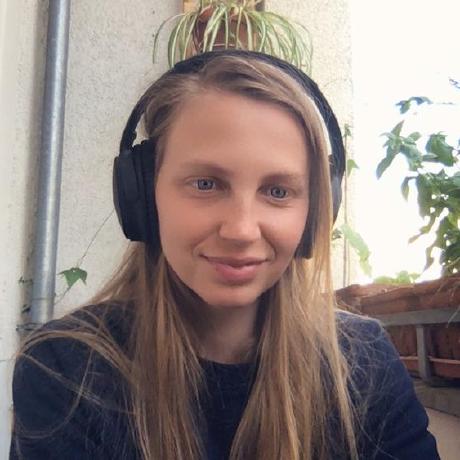June 2023 - last minute edition
hosted by Tobias Pfeiffer by Datarade // @SAP.io Foundry datarade.ai, 01.06.2023 at 18:30Last minute meetup anyone? 😉
Attention: new Times! Doors open 18:00, talks start ~18:30
Let's gather again - in person and enjoy some talks and some drinks.
Schedule
(estimated)
18:00 Doors Open, snacks and get together
18:30 Talks begin, 2 Talks a ~20-30mins each
~19:30 Break
~20:00 1 Talk ~20-30mins
~20:30 Lightning Talks (5mins each)
Finding the way
We'll be in a space of SAP.io Foundry inside the SAP Data Space building.
To get to the space you need to get into the backyard and then go to the 2nd floor, there will be signs. You can check this handy map.
Health & Safety
Be considerate of other people and their space and preferences. There is no mask mandate, but feel free to wear one.
Food & Drinks
Food and Drinks will be available courtesy of our host Datarade. Food will be Pizza, and as always - first come, first served!
Topics
Debugging and debuggers in Ruby 3.1
One of first steps in learning a programming language is discovering how to debug that pesky issue in the middle of our program. Why the code execution isn't entering my if statement? What is the value of my_variable? Why Ruby, whyyyy???
Some developers are happy to debug by just puts'ing their way to the solution, others like to poke variables in a REPL or debug frames step by step. All in all, debugging is a means to an end: getting your code to work as you've expected.
In this talk we aim to first clear up some misconceptions about debuggers and understand what is available for us in the Ruby ecosystem. In the Ruby 3.1 release, there are improvements to the "debug" gem with a lot of nice features that might make you reconsider doing step debugging again, in case you aren't already.
As a fellow "throw a pry here and there" debugger, I was impressed to see all this progress happening and hope you'll too!
How does AI really work? A speedrun of deep learning architectures
In this talk, we explore how AI works under the hood. We start with the basics of artificial neural networks, and then speedrun through all the major types of architectures used for different tasks, such as computer vision, speech recognition, and natural language processing.
No previous machine learning knowledge is assumed. We will try to cut through the hype and the jargon to show how things actually work.
Given the limited time, the aim is a high-level understanding of the models. Hopefully, this will give you enough information to decide for yourself whether to delve deeper, or to sit this one out.
Reflections on Open Source
Extension and partial summary of my Stories in Open Source talk. Extended with new parts, old parts will be summarized.
New stuff mostly looks at part of the burden of Open Source and the Open Source // Life Balance.
Last minute editions have last minute talks 😅
Attendees: (34)
Tobias Pfeiffer
Events: 108
Topics: 16
Kasper Stöckel
Events: 2
Topics: 0
Mikhail Kosivchenko
Events: 2
Topics: 0
Sunito Sven Suska
Events: 11
Topics: 0
Chikahiro Tokoro
Events: 9
Topics: 1
Christoph Grabo
Events: 83
Topics: 1
Finn Pauls
Events: 1
Topics: 0
Michael Reinsch
Events: 30
Topics: 2
Kasper König
Events: 12
Topics: 1
Oleg Bovykin
Events: 4
Topics: 0
Martin Meyerhoff
Events: 2
Topics: 2
Luiz Eduardo Kowalski
Events: 2
Topics: 0
Andrew McDonough
Events: 6
Topics: 0
Ladi Adeniran
Events: 1
Topics: 0
@[email protected] | 🏀☘️🚲
Events: 28
Topics: 2
zogoo
Events: 3
Topics: 0
WeiHsi Hu
Events: 6
Topics: 0
Nicolò Gnudi
Events: 2
Topics: 0
Dima Boyko
Events: 15
Topics: 1
Soto
Events: 2
Topics: 0
kaja
Events: 40
Topics: 1
Tim Kächele
Events: 15
Topics: 5
Alex Jahraus
Events: 12
Topics: 1
Cameron Prebble 🇳🇿
Events: 45
Topics: 0
Jalyna
Events: 6
Topics: 0
Rafayet Monon
Events: 1
Topics: 0
Christoph Sassenberg
Events: 23
Topics: 0
UliKuch
Events: 4
Topics: 0
Robert Wachs
Events: 4
Topics: 0
Vitaly Kushner
Events: 3
Topics: 0
Magda Barthofer
Events: 1
Topics: 0
Luca Ongaro
Events: 16
Topics: 5
Alex Antsiferov
Events: 1
Topics: 0
Christoph Bünte
Events: 8
Topics: 0


































